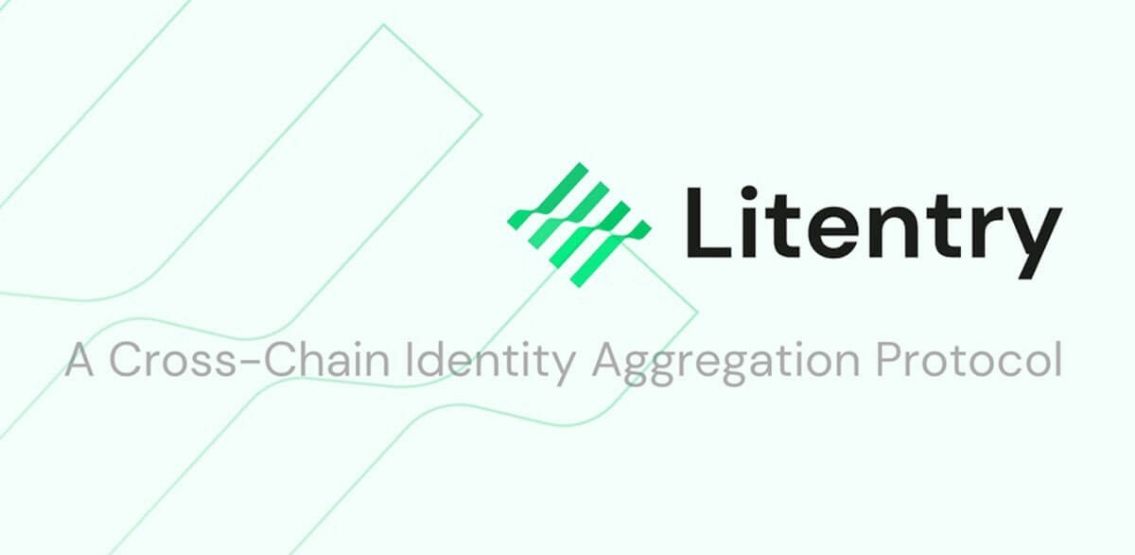Table of Contents
- Litentry Partners With Standard Protocol
- Razor Network Partnership Provides Data for Litentry’s DID Aggregator
- Listing In Coinone Exchange
Litentry, the web3.0 cross-chain identity aggregation protocol, is on its way to realizing its goal of building a user-centric world with blockchain technology. The team has focused on investigating the cross-parachain function call, researched token migration, and designed an NFT pallet preliminary according to their weekly report.
The protocol has also developed the Xrecovery pallet, research cross-parachain, and proposed further development of off-chain working, with in-team discussion and documentation. The team undertook forum maintenance and document review and correction. The team has developed a social-linker-server, prepared the documentation for Xrecovery, and has researched and investigated projects including Chainlink and the graph.
Litentry also made the news for its partnership with Standard Protocol and Razor Network, and its native token, $LIT, was listed in the Coinone exchange.
Litentry Partners With Standard Protocol
Standard Protocol - a collateralized Rebasable Stablecoins (CRS) protocol - and Litentry will be working together to improve the IDO whitelist selection process to ensure fairness and decentralization.
Litentry as a service provider will offer advanced IDO whitelisting methods with identity-based whitelist selection validation. The team will achieve this through its innovative DID aggregation and computation model. Standard Protocol will be able to identify eligible users and filter unwanted spambots.
Standard Protocol will be used to feed the credit computation model. Users will be able to link and verify their Standard Protocol data on the Litentry platform.
Third-party dApps can obtain real-time DID data of an identity owner in a secure way under the user’s authorization. Standard Protocol will also integrate Litentry’s aggregated DID API and leverage the utility of $LIT. This will help the company adjust its collateral rate.
Litentry’s integration to Standard Protocol’s oracle system will tighten the identity verification of potential oracle providers making Standard Protocol’s oracle system less vulnerable to malicious intents.
Razor Network Partnership Provides Data for Litentry’s DID Aggregator
Decentralized oracle, Razor Network, has partnered with Litentry to allow the latter to use the Razor Validator Network to verify data collected from multiple blockchains for their DID Aggregator. Litentry will employ a third party to undertake the DID data verification process.
Litentry is building a Decentralized Validator Network over a Proof of Stake blockchain to employ a trustless and transparent data procurement process. Thus, the honesty of validators with contracts executed on-chain is ensured.
Razor offers a decentralized and agnostic oracle network with reliable and secure real-time data feeds to fulfill various requirements of smart contracts. Validators on Razor Network stake their tokens to help enhance network security.
Honest validators are rewarded for their performance, while incoherent and malicious validators face strict slashing penalties. This helps the network maintain its fidelity for the external data that is provided to dApps.
Listing In Coinone Exchange
South Korean crypto exchange, Coinone, listed the Litentry token, $LIT, in a trading pair, LIT/KRW. Users are now able to buy and sell $LIT using South Korea’s currency, KRW. Coinone is one of the biggest crypto exchanges in Korea.
The listing is a strategy that will help Litentry step into the Korean market officially and develop a DID community in the region.
Disclaimer: This article is provided for informational purposes only. It is not offered or intended to be used as legal, tax, investment, financial, or other advice.
Investment Disclaimer












